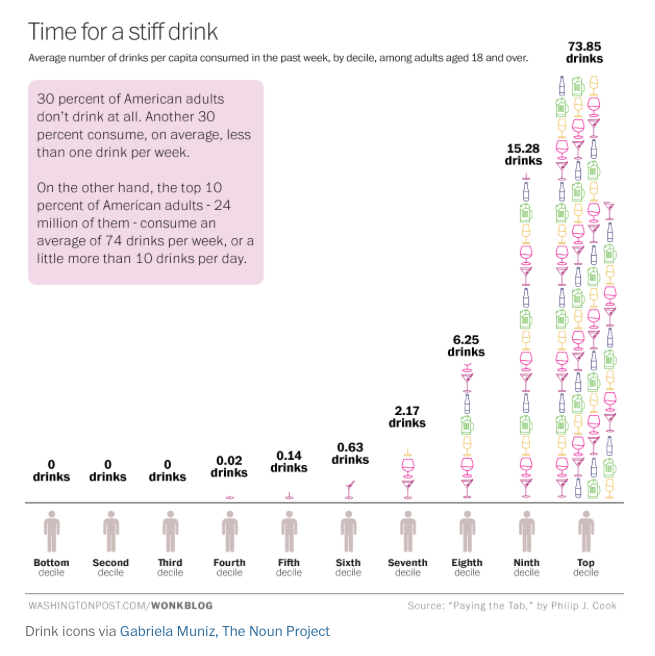I don’t know how I missed this when it was published last week…
All right, boys and girls, it’s time to have some real talk about efficiency wages.
I know, you’re older now. You’re starting to notice things that you never noticed before. Like the differences between Costco and Wal-Mart, differences that suddenly seem so … intriguing. Exciting. You suddenly want to explore those feelings, maybe post a few GIFs to Facebook. You hear other kids talking, and suddenly you wonder about this whole new world of labor relations that you never even knew existed.
I want you to know that what you’re feeling is completely normal. Efficiency wages — that’s the scientific term, and we’re going to use scientific terms, not that dirty talk about scabs and exploiters that you hear in the locker room — are very exciting. It’s only natural that you want to explore. Now, stop tittering. I said “explore,” not “exploit.”
But you need to explore safely. You can’t just plunge straight into advocating a $15-an-hour minimum wage; you need to know all the facts so you can make sound, educated decisions about your labor-policy activism. So let’s talk about efficiency wages and how they work.
When an employer loves his workers … OK, never mind. Straight to the real talk.
As they used to say, “read the whole thing“.




